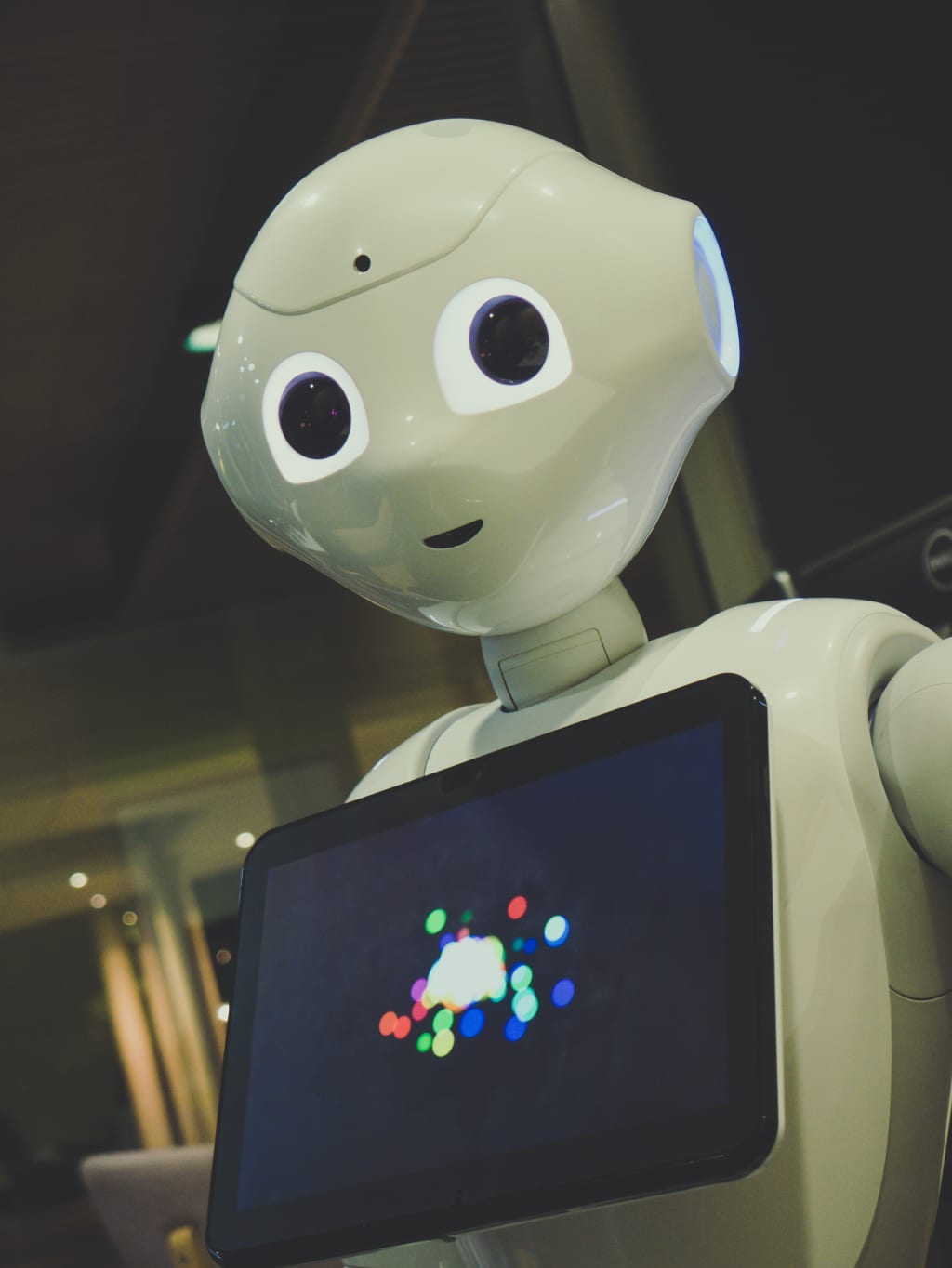The Impact of Artificial Intelligence on the Job Market
Industries Transformed by AI: Case Studies and Examples

Introduction:
Artificial Intelligence (AI) has emerged as a transformative force, reshaping industries and societies across the globe. As AI technologies continue to advance at an unprecedented pace, questions about its impact on the job market have taken center stage. Will AI lead to widespread job losses and unemployment, or will it create new opportunities and transform existing roles? The answer lies somewhere in between, as the impact of AI on the job market is complex and multifaceted. In this article, we will explore the various ways in which AI is influencing the job market, from the potential for automation and job displacement to the creation of new industries and the need for upskilling. By understanding the implications of AI on employment, we can better prepare for the changing landscape and navigate the future of work.
Artificial Intelligence (AI) has emerged as a transformative technology with the potential to revolutionize various industries and sectors. As AI continues to advance rapidly, its impact on the job market has become a topic of concern and fascination. While some fear that AI will replace human workers and lead to massive job losses, others argue that it will create new opportunities and transform existing roles. In reality, the impact of AI on the job market is complex and multifaceted, with both positive and negative implications.
One of the key concerns surrounding AI is the fear of widespread job displacement. As AI systems become more capable of performing tasks that were traditionally done by humans, there is a possibility of automation replacing certain jobs. Routine, repetitive tasks are particularly susceptible to automation, as AI algorithms can perform them more efficiently and accurately. This can impact various sectors such as manufacturing, customer service, and data entry, among others.
However, it is important to note that while AI may automate certain tasks, it also has the potential to create new jobs and transform existing ones. AI technologies require human expertise in their development, deployment, and maintenance. As a result, there is a growing demand for professionals skilled in AI and machine learning. Jobs related to data analysis, programming, AI research, and algorithm design are on the rise. Additionally, AI can augment human capabilities and improve productivity by automating mundane tasks, allowing workers to focus on more complex and creative endeavors.
Furthermore, AI has the potential to generate entirely new industries and job categories. For instance, the development of self-driving cars has given rise to a demand for autonomous vehicle engineers and specialists. Similarly, the healthcare sector is witnessing the emergence of AI-powered medical diagnostics, leading to increased demand for experts in medical AI and bioinformatics. As AI continues to evolve, we can expect to see the emergence of new job roles that we can hardly envision today.
While the impact of AI on the job market is undoubtedly significant, it is important to remember that technological advancements have historically led to job market transformations. Throughout history, new technologies have disrupted traditional industries, leading to the decline of certain jobs while simultaneously creating new opportunities. The advent of computers and the internet, for example, revolutionized industries like publishing, music, and retail. Similarly, AI is expected to bring about a transformational shift in the job market, but it is likely to create new opportunities that we cannot foresee at present.
To prepare for the changing job landscape, individuals and organizations need to adapt and embrace lifelong learning. As AI takes over routine tasks, the demand for skills such as critical thinking, creativity, emotional intelligence, and problem-solving will increase. Workers will need to acquire new skills and knowledge to stay relevant in the job market. Continuous learning, upskilling, and reskilling will be crucial to ensure employability and career growth in the age of AI.
Government policies and educational institutions also play a vital role in facilitating the transition to an AI-driven job market. Policymakers need to invest in education and training programs that equip individuals with the necessary skills for the AI era. Additionally, ethical considerations and regulations surrounding AI implementation should be developed to ensure fairness, transparency, and accountability in the use of AI technologies.
Conclusion: In conclusion, the impact of AI on the job market is a complex and evolving phenomenon. While concerns about job displacement exist, AI also presents opportunities for innovation, productivity enhancement, and the creation of new job roles. By embracing lifelong learning and fostering an environment that supports AI-driven innovation, individuals and societies can navigate the changing job market and harness the potential benefits of artificial intelligence.
About the Creator
Ezekiel Akpe
As a professional article writer, I specialize in delivering informative and engaging content on various topics.






Comments (6)
Great work
❤️❤️❤️
great content
great
great content
Great Content